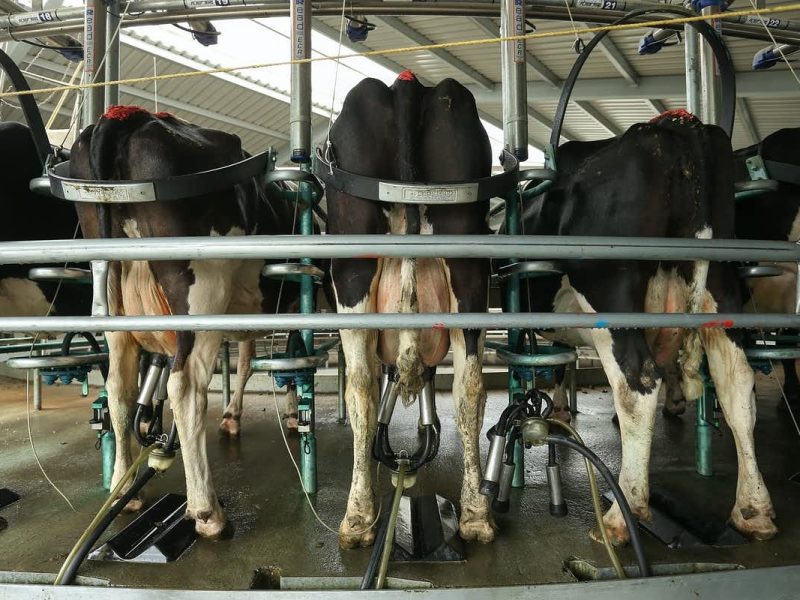 12th April 2024 Emissions / Primary sector
12th April 2024 Emissions / Primary sectorSeasonally adjusted total emissions were down 0.5%, or 105 kilotonnes in the December 2023 quarter, compared with the same period a year earlier.
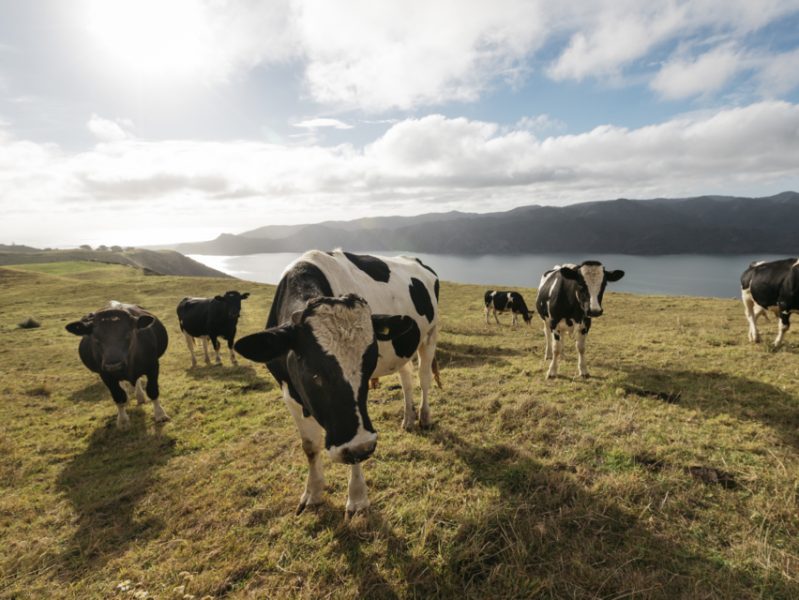 8th April 2024 Climate Change / Emissions
8th April 2024 Climate Change / EmissionsClimate Change Minister Simon Watts and Agriculture Minister Todd McClay say an independent panel will review the country’s methane target.
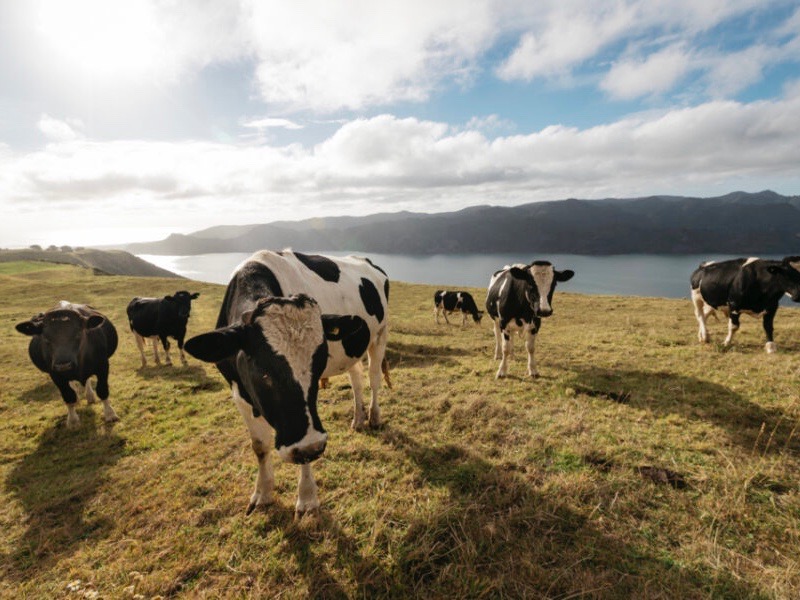 6th March 2024 Climate Change / Emissions
6th March 2024 Climate Change / EmissionsA state-of-the-art satellite designed to detect methane emissions with unprecedented accuracy and contribute to global efforts to combat climate change has successfully launched into space.
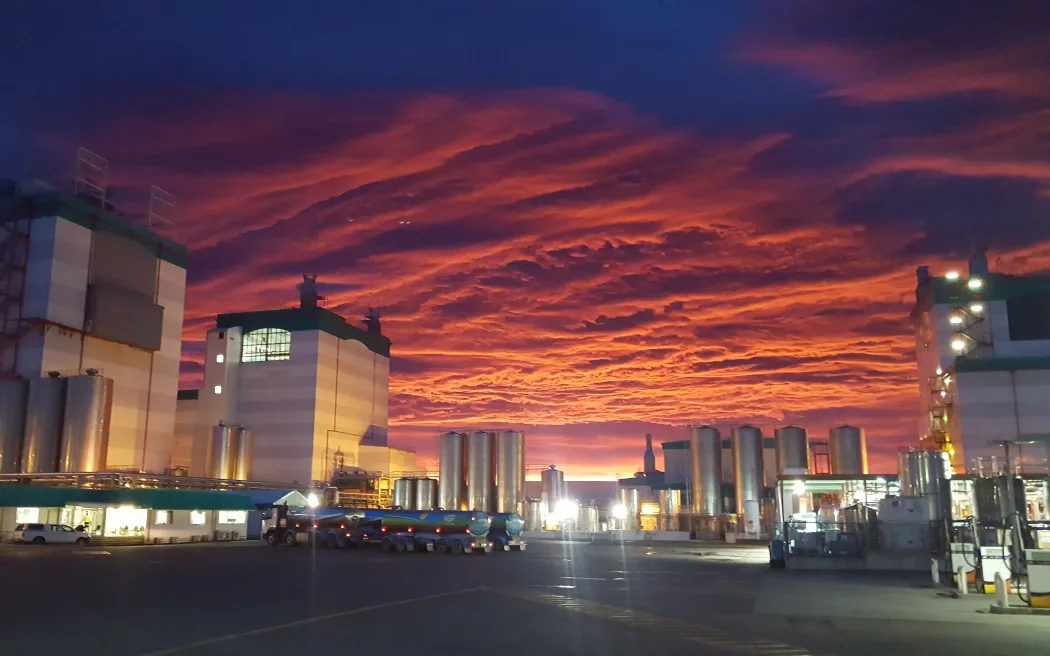 26th January 2024 Emissions / Fonterra
26th January 2024 Emissions / FonterraFonterra is installing a 20-megawatt electrode boiler at its Edendale site in Southland, as part of its exit from coal at its manufacturing sites.
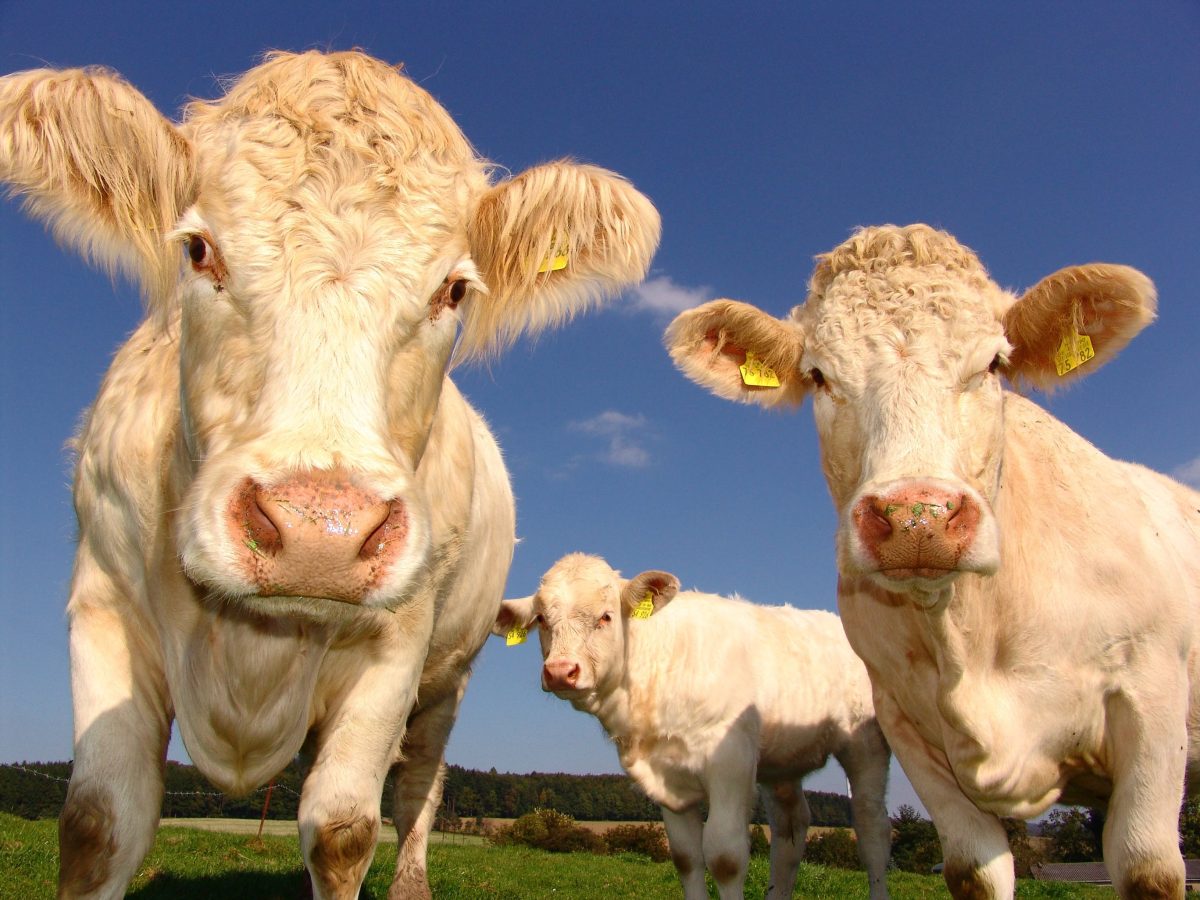 4th December 2023 Emissions / Opinion
4th December 2023 Emissions / OpinionInnovations are emerging to minimise greenhouse gas emissions and ensure sufficient food supply.
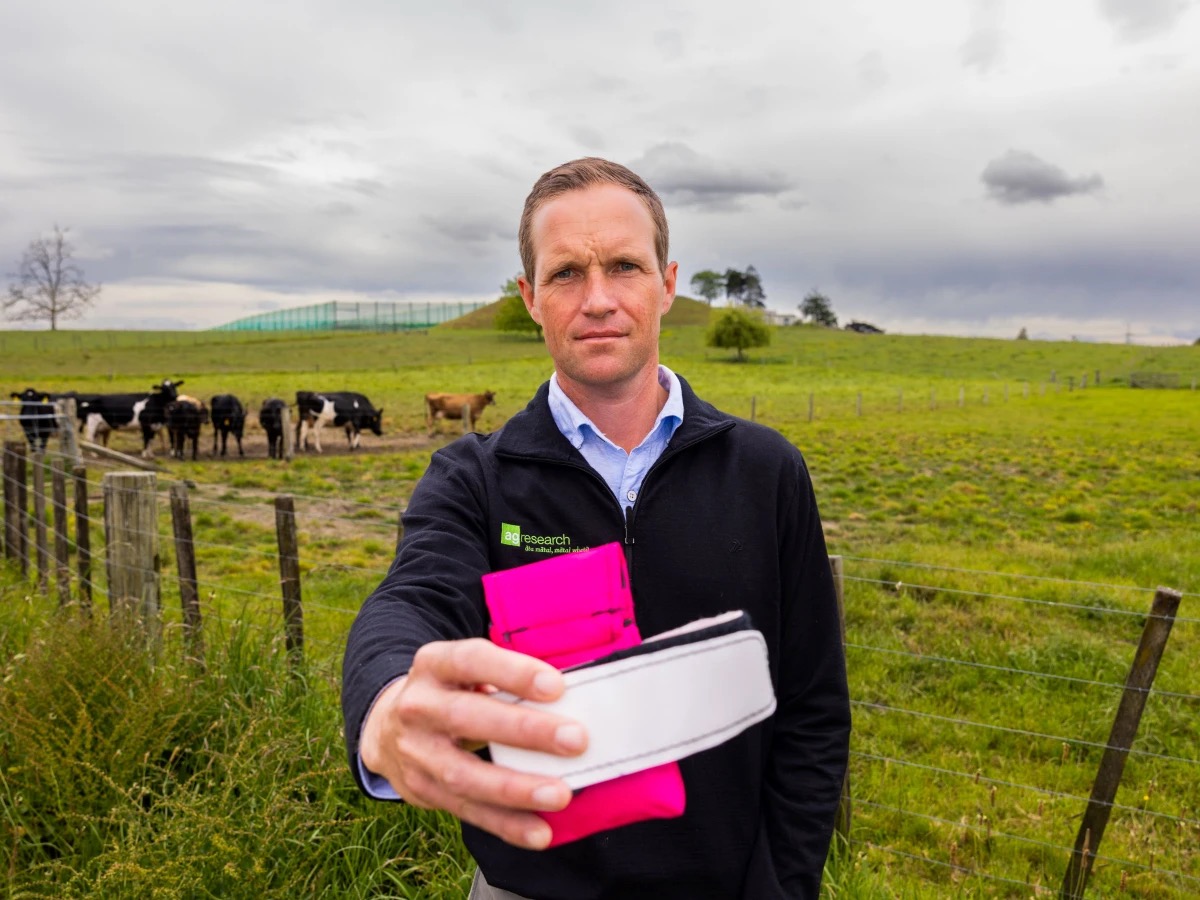 4th December 2023 AgResearch / Emissions
4th December 2023 AgResearch / EmissionsScientists at the AgResearch have developed ‘acoustic urine sensors’ to tackle the problem of nitrogen loss from the urine of cattle which affects water quality and leads to emissions of nitrous oxide, a potent greenhouse gas.
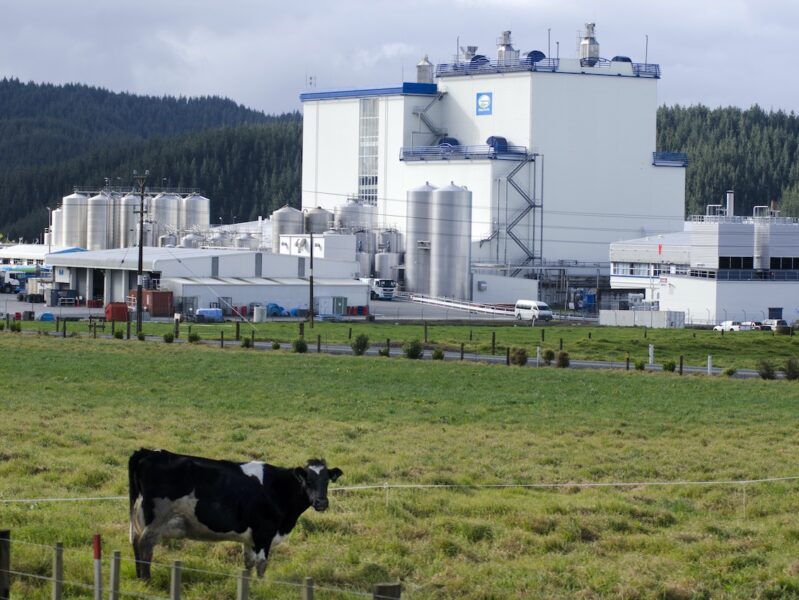 10th November 2023 Emissions / Fonterra
10th November 2023 Emissions / FonterraScientists have broadly welcomed Fonterra’s roadmap to reduce its scope 3 emissions but have questioned the use of intensity targets rather than absolute goals.
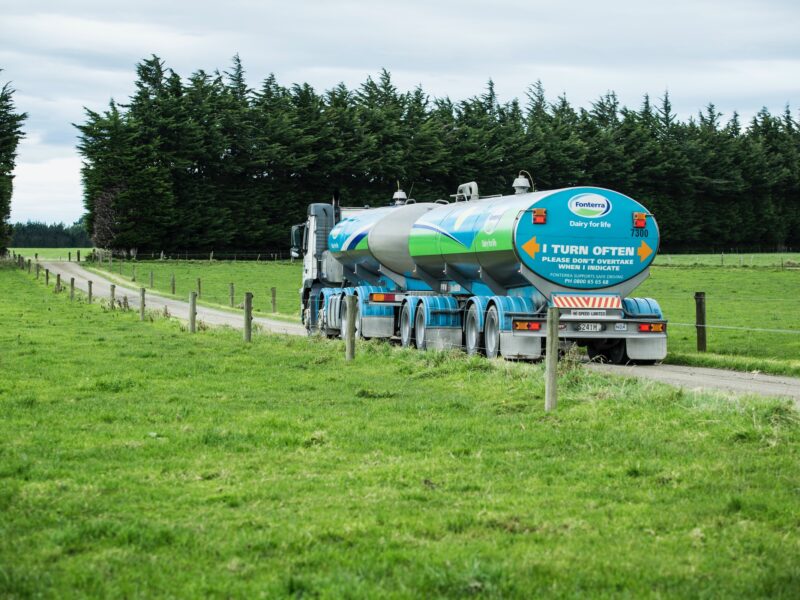 10th November 2023 Emissions / Fonterra
10th November 2023 Emissions / FonterraGreenpeace Aotearoa says Fonterra’a proposed climate roadmap is little more than “polishing a turd” because it contains no real measures to reduce emissions.
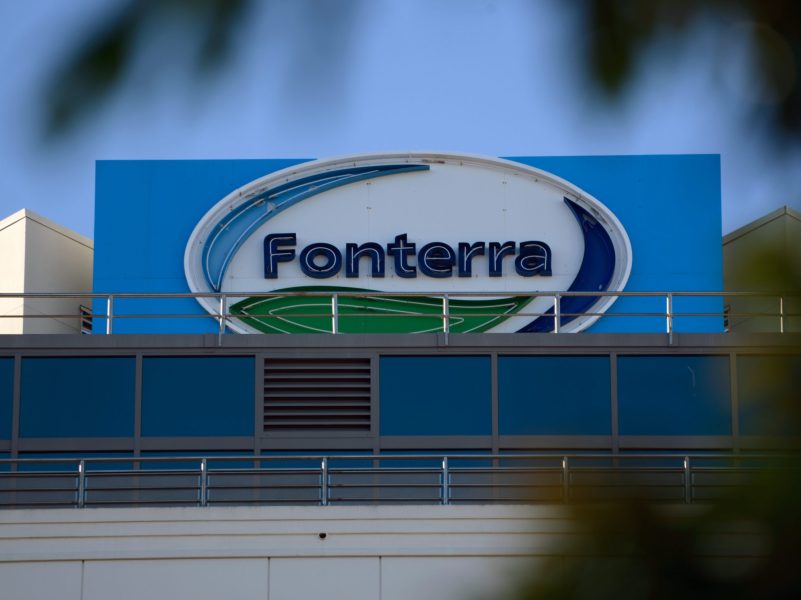 9th November 2023 Emissions / Fonterra
9th November 2023 Emissions / FonterraThe dairy co-op plans to cut its scope 3 emissions by adopting an intensity reduction goal rather than a hard target for cutting overall on-farm greenhouse gases.
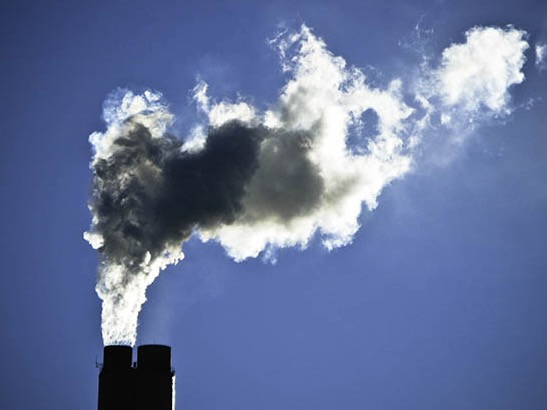 20th October 2023 Emissions
20th October 2023 EmissionsEmissions from primary industries – agriculture, forestry, fishing, and mining – fell 0.1% or 9 kilotonnes of carbon dioxide equivalents in the June 2023 quarter, compared to the preceding March quarter, according to Stats NZ.
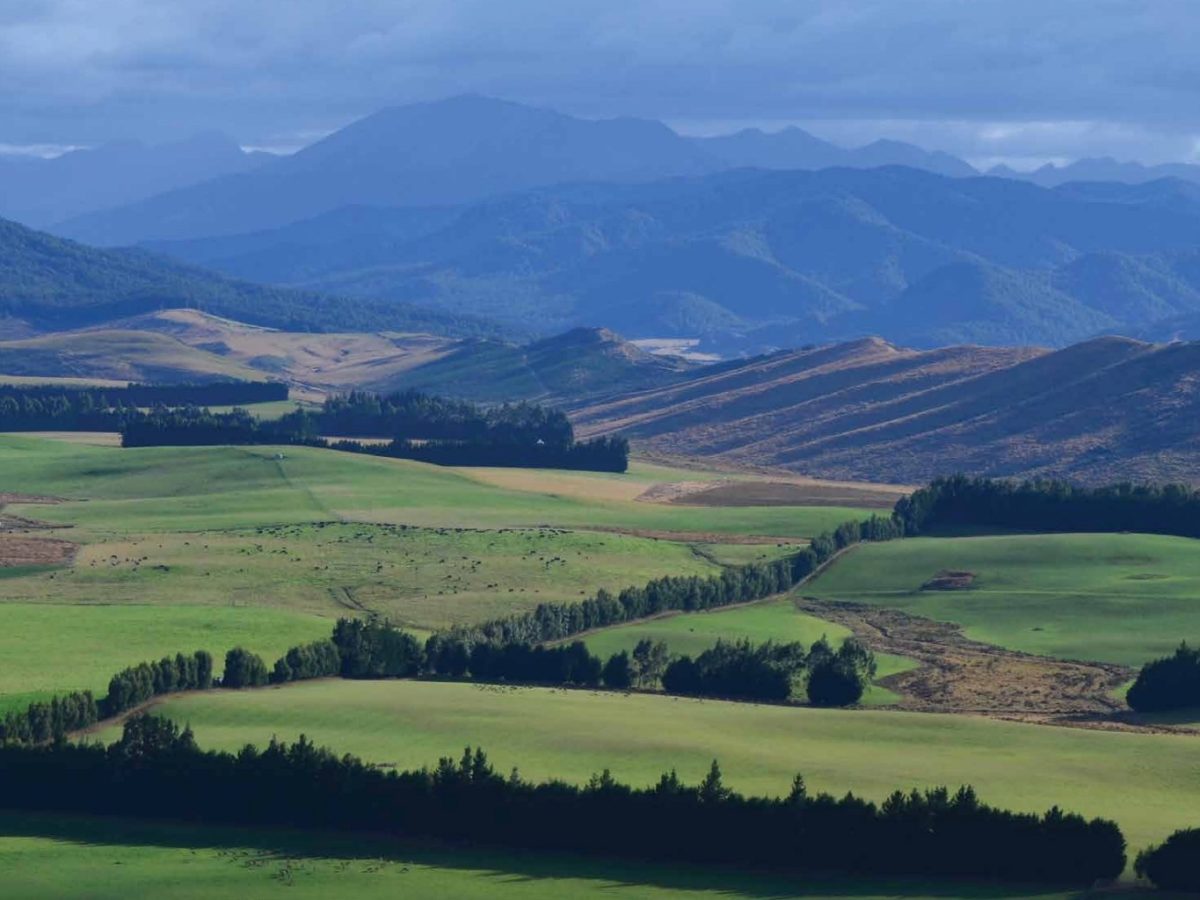 3rd October 2023 Emissions / Pamu
3rd October 2023 Emissions / PamuPāmu has voluntarily released its first climate-related disclosure report as the state-owned farming company becomes more mindful of climate risks, particularly after Cyclone Gabrielle.
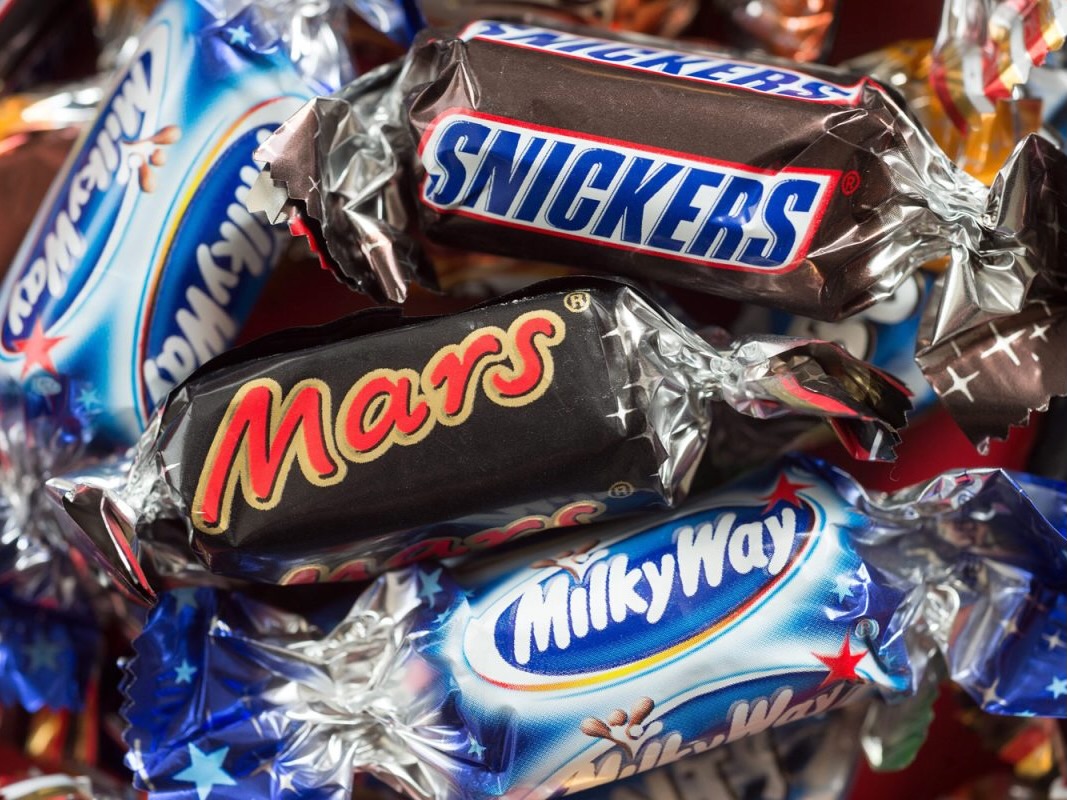 15th September 2023 Emissions / Mars
15th September 2023 Emissions / MarsPrivately owned pet food and confectionery company Mars has issued a fresh set of net-zero pledges, including a new 2030 target.
 5th September 2023 Emissions / Sealord
5th September 2023 Emissions / SealordCEO Doug Paulin says the company has already reduced its total emissions by nearly a quarter.
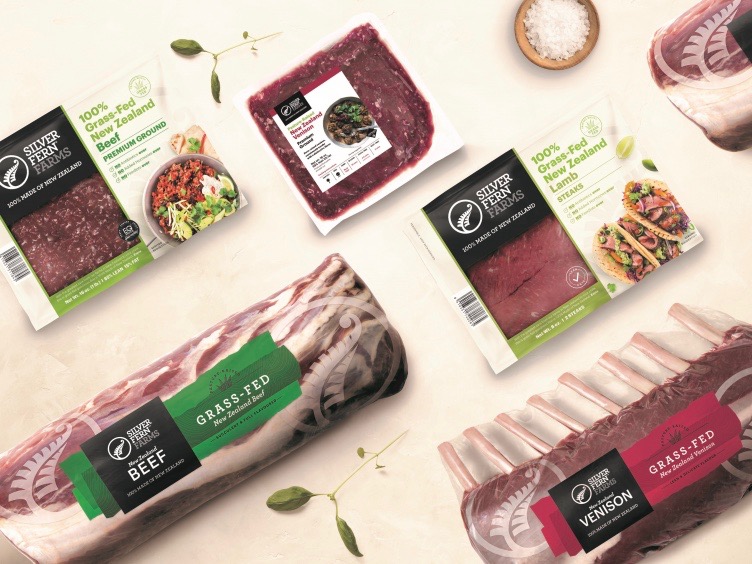 18th August 2023 Emissions / Government
18th August 2023 Emissions / GovernmentThe government has today announced its final plan to reduce agricultural emissions and future-proof NZ’s largest export sector, according to Agriculture Minister Damien O’Connor.
 20th July 2023 Emissions / Fonterra
20th July 2023 Emissions / FonterraThe government has pledged $90m from its GIDI fund to help Fonterra accelerate the exit of coal from its operations.
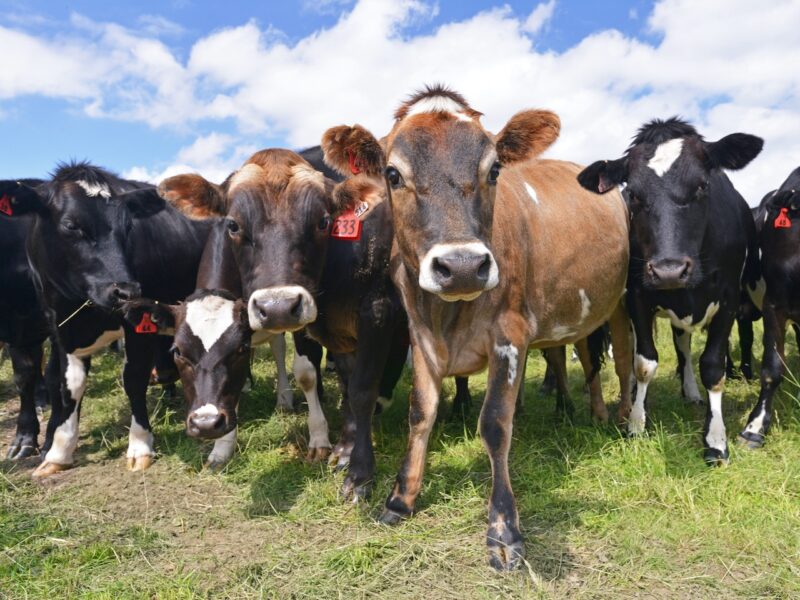 16th June 2023 Emissions / Investment
16th June 2023 Emissions / InvestmentThe government is co-investing $17.7m into the construction of a new greenhouse gas testing facility at Massey University.
 13th June 2023 Emissions / Politics
13th June 2023 Emissions / PoliticsThe National Party has proposed pushing back the deadline by which farmers have to start paying for agricultural emissions, along with a number of other changes.
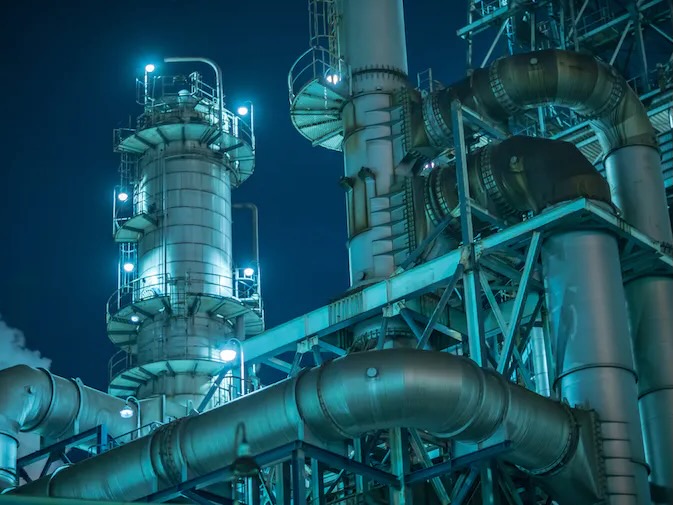 3rd May 2023 Emissions / Opinion
3rd May 2023 Emissions / OpinionIndustry needs to ramp up the use of renewable energy technology to meet the net-zero goal by 2050.
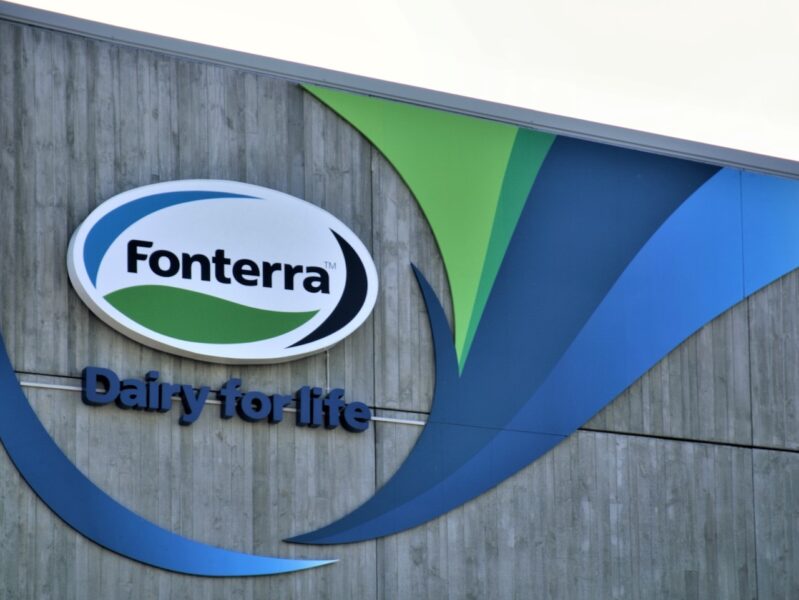 24th April 2023 Emissions / Fonterra
24th April 2023 Emissions / FonterraFonterra says it will install a heat pump and solar thermal system at two of its sites, as part of its ongoing decarbonisation efforts.
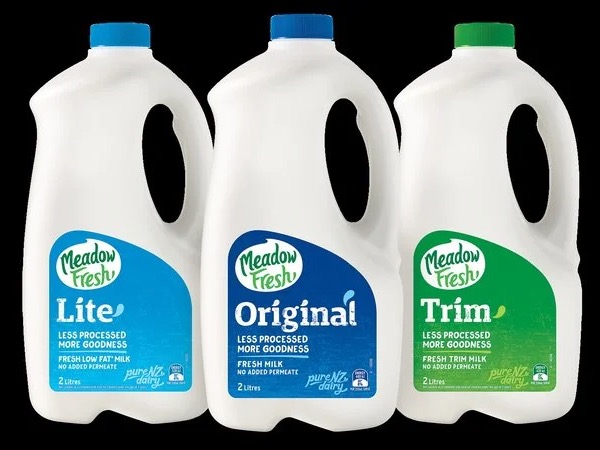 21st April 2023 Emissions / GIDI
21st April 2023 Emissions / GIDIFood system stakeholders continue to benefit from the government’s efforts to stop the burning of fossil fuels, this time to the tune of $9.8m.
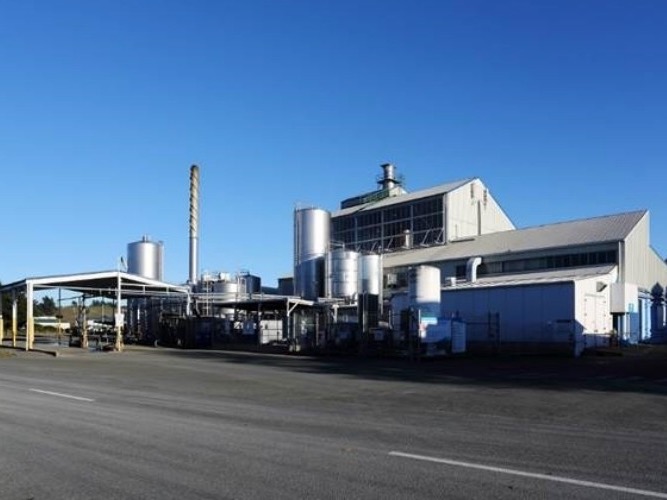 5th April 2023 Emissions / Stats NZ
5th April 2023 Emissions / Stats NZSeasonally adjusted greenhouse gas emissions fell by 696 kilotonnes in the September 2022 quarter, which equated to a 3.5% reduction compared to the same period a year earlier.
 2nd March 2023 Emissions / Government
2nd March 2023 Emissions / GovernmentThe government is investing more than $9m over six years to develop a national agricultural greenhouse gas capability plan, and bring more researchers into the field.
 2nd December 2022 Emissions / OFI
2nd December 2022 Emissions / OFIOfi, formerly known as olam food ingredients, is starting a trial of a new animal feed for New Zealand dairy farmers that it says has the potential to help reduce both methane emissions and input costs on farm.
 1st December 2022 Emissions / Government
1st December 2022 Emissions / GovernmentThe Centre for Climate Action on Agricultural Emissions has been officially launched by Prime Minister Jacinda Ardern and Minister for Agriculture, Damien O’Connor, alongside the primary sector partners at Fieldays.
 29th November 2022 Emissions / MIA
29th November 2022 Emissions / MIAThe association representing the red meat processing and exporting sector has called for changes to the government’s agricultural emissions pricing proposal.
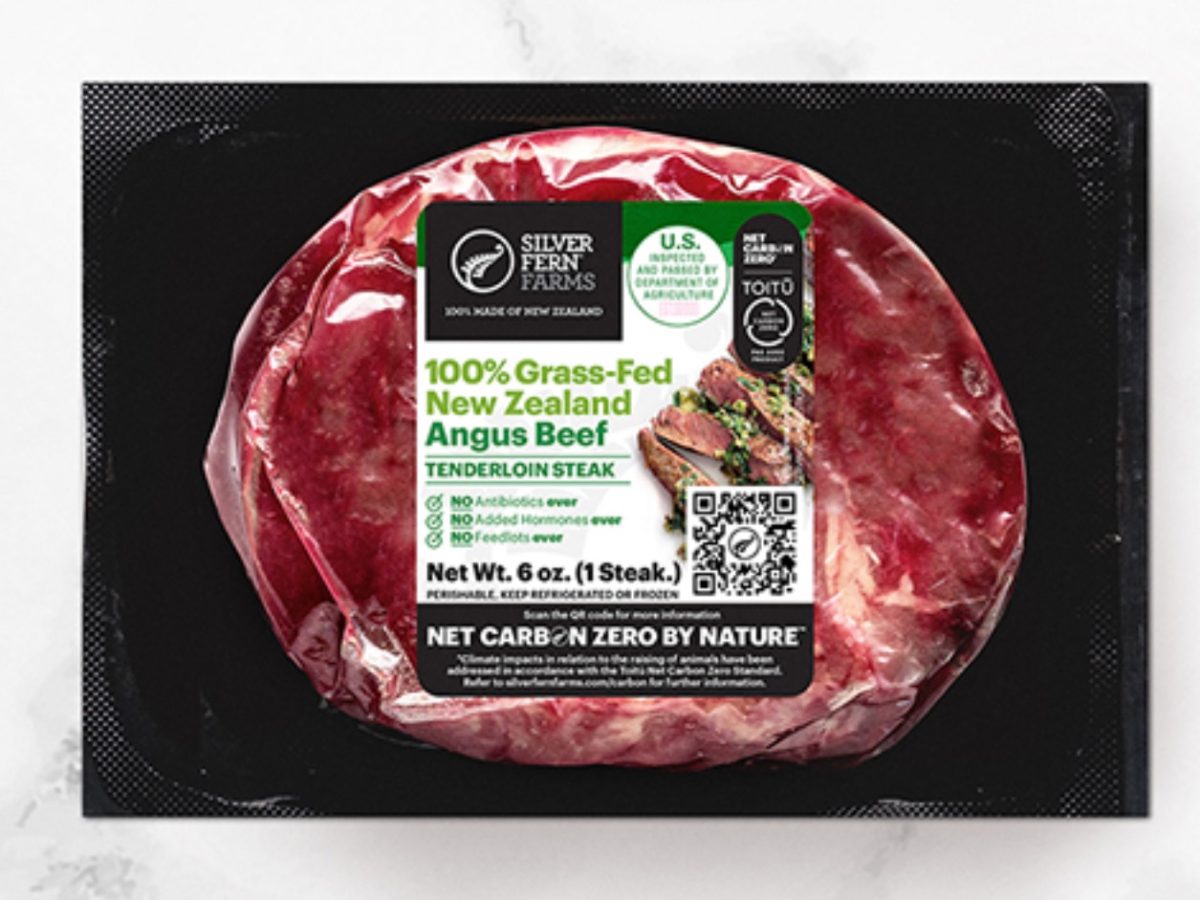 11th October 2022 Emissions / Regulation
11th October 2022 Emissions / RegulationThe proposal would see NZ farmers lead the world in reducing emissions and enhance our export brand, says PM Jacinda Ardern.
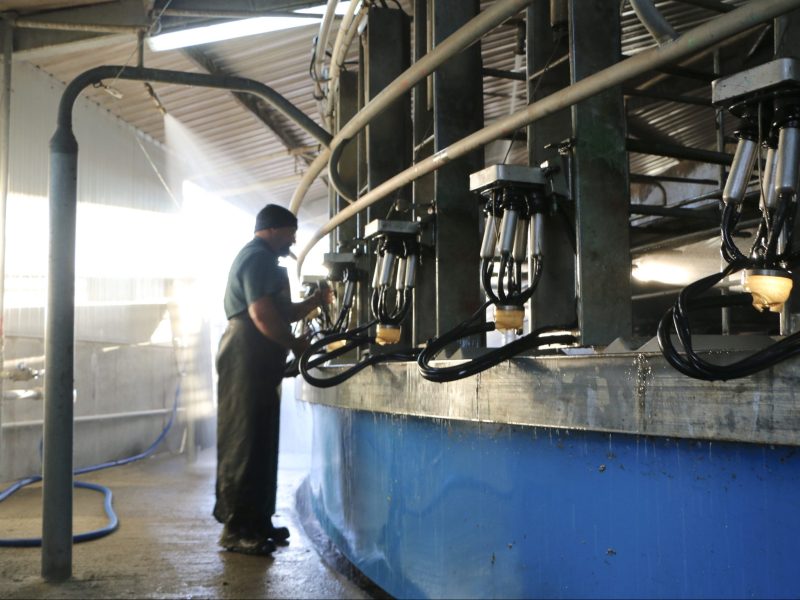 11th October 2022 Emissions
11th October 2022 EmissionsFederated Farmers has lambasted the government’s proposed agricultural emissions pricing plan, claiming it will “wipe out” parts of the food production sector.
 6th September 2022 Emissions / Stats NZ
6th September 2022 Emissions / Stats NZAgriculture, forestry, and fishing accounted for 61% of total industry CO2-e emissions in 2021
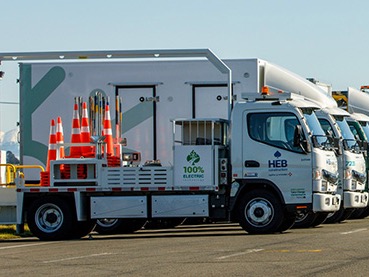 9th August 2022 Distribution / Emissions
9th August 2022 Distribution / EmissionsBidfood, Halls, PBT Transport and Toll New Zealand are among a group of companies taking part in Christchurch City Council emission-reduction projects using FUSO eCanter fully electric trucks.
 21st July 2022 Emissions / Stats NZ
21st July 2022 Emissions / Stats NZAgriculture, forestry, and fishing greenhouse gas emissions fell by 86 kilotonnes, or 0.2%, to 43,875 kilotonnes for the year to December 2021, compared with the previous 12 months, according to data from Stats NZ.
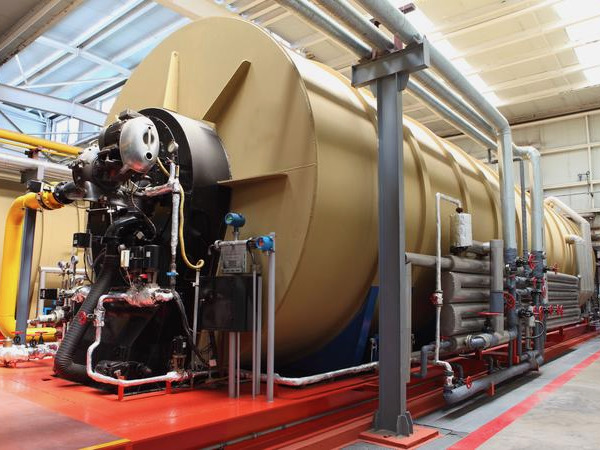 9th June 2022 Emissions / GIDI
9th June 2022 Emissions / GIDIIndustrial businesses can now apply for support from the expanded Government Investment in Decarbonising Industry (GIDI) Fund.
 9th June 2022 Emissions
9th June 2022 EmissionsThe government says He Waka Eke Noa – Primary Sector Climate Action Partnership’s proposals on tackling greenhouse gas emissions are a welcome contribution to the debate.
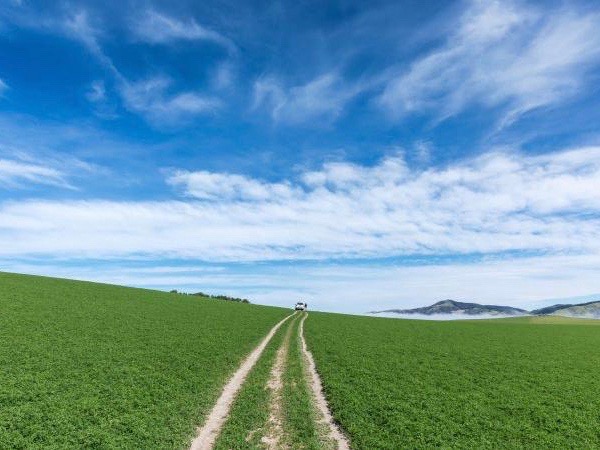 8th June 2022 Climate Change / Emissions
8th June 2022 Climate Change / EmissionsThe partnership says its proposal will help farmers and growers transition to lower-emissions food production while maintaining viable businesses.
 27th May 2022 Emissions / Stats NZ
27th May 2022 Emissions / Stats NZNew Zealand’s primary sector contributed the most to the country’s total emissions in 2020, coming in at 55%, but it added the smallest amount to GDP at 6.5%, according to data from Stats NZ.
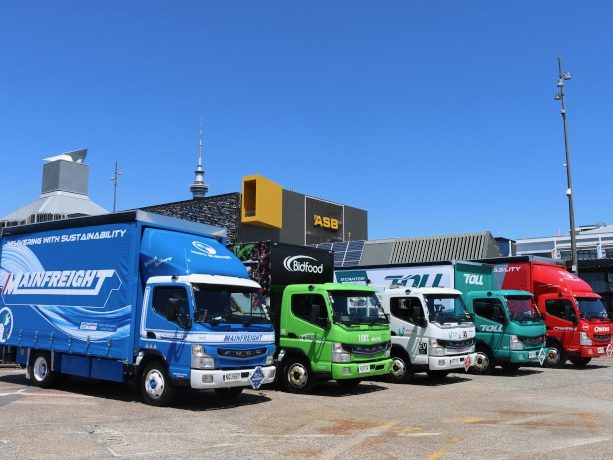 16th May 2022 Climate Change / Emissions
16th May 2022 Climate Change / EmissionsThe govt wants to accelerate the decarbonisation of freight and encourage the use of more electric trucks.
 9th May 2022 Emissions / Regulation
9th May 2022 Emissions / RegulationClimate Change Minister James Shaw has unveiled New Zealand’s first three emissions budgets, calling them “another milestone on the journey toward a zero-carbon future”.
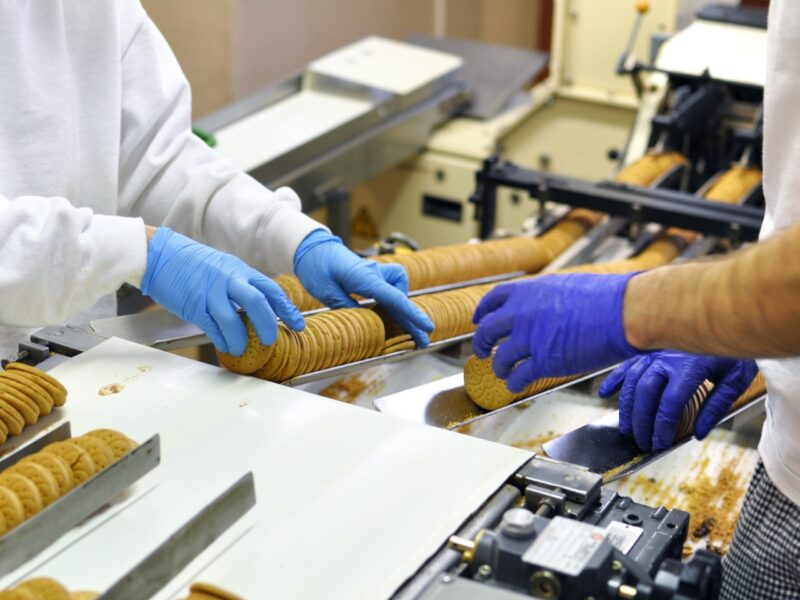 13th April 2022 Climate Change / Emissions
13th April 2022 Climate Change / EmissionsReducing the use of fuel for manufacturing helped cut New Zealand’s emissions, according to the Greenhouse Gas Inventory report from the Ministry for the Environment.
 6th April 2022 Climate Change / Emissions
6th April 2022 Climate Change / EmissionsThe latest report from the Intergovernmental Panel on Climate Change makes it clear that a plan to cut emissions is needed now, according to Minister of Climate Change James Shaw.
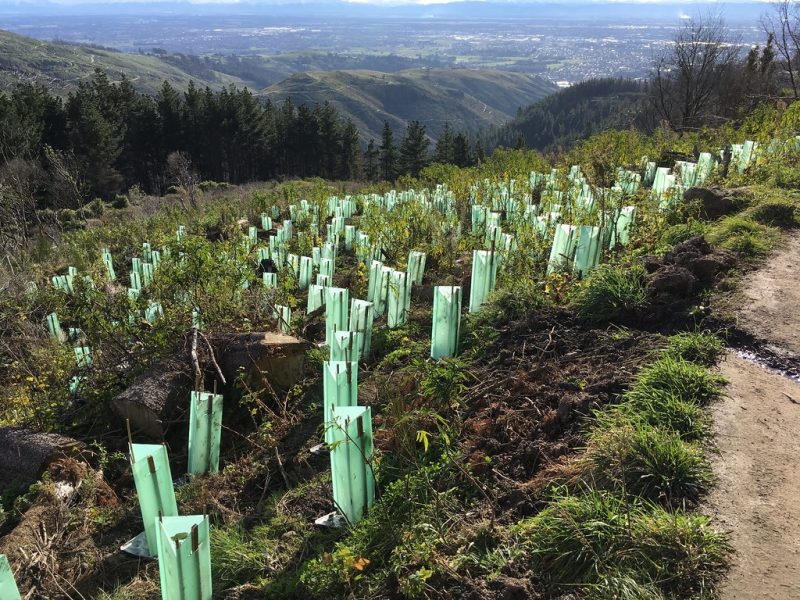 18th March 2022 B+LNZ / Emissions
18th March 2022 B+LNZ / EmissionsBeef + Lamb New Zealand is urging the government to put limits on the ability of fossil fuel companies to plant trees on productive farmland.
 18th February 2022 B+LNZ / Emissions
18th February 2022 B+LNZ / EmissionsBeef + Lamb New Zealand lays out its alternatives to the government’s emissions trading scheme.
 30th April 2021 Emissions / Synlait
30th April 2021 Emissions / SynlaitSynlait Milk has reset its 2018 inaugural emissions reduction targets.
© 2024 Business Media Network Ltd
Website by Webstudio